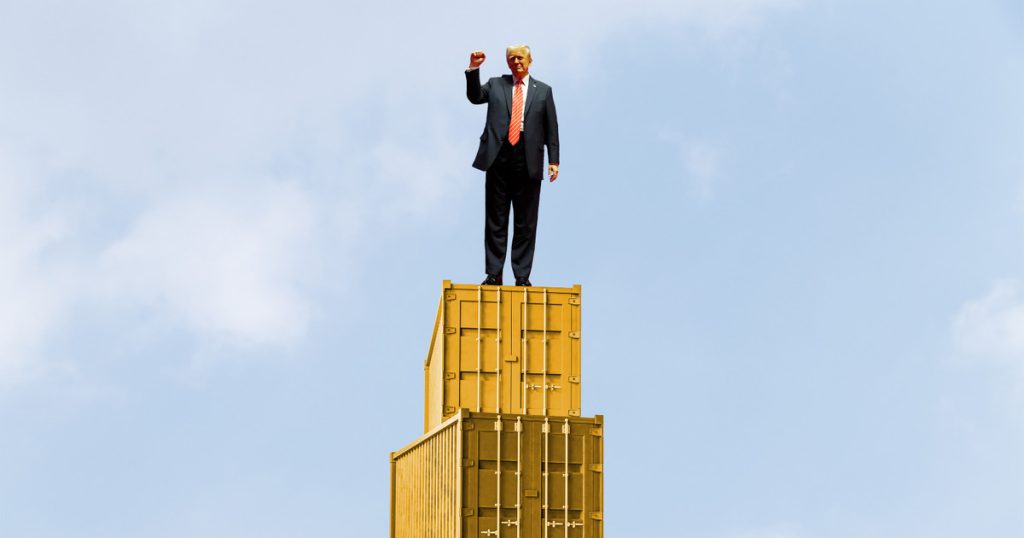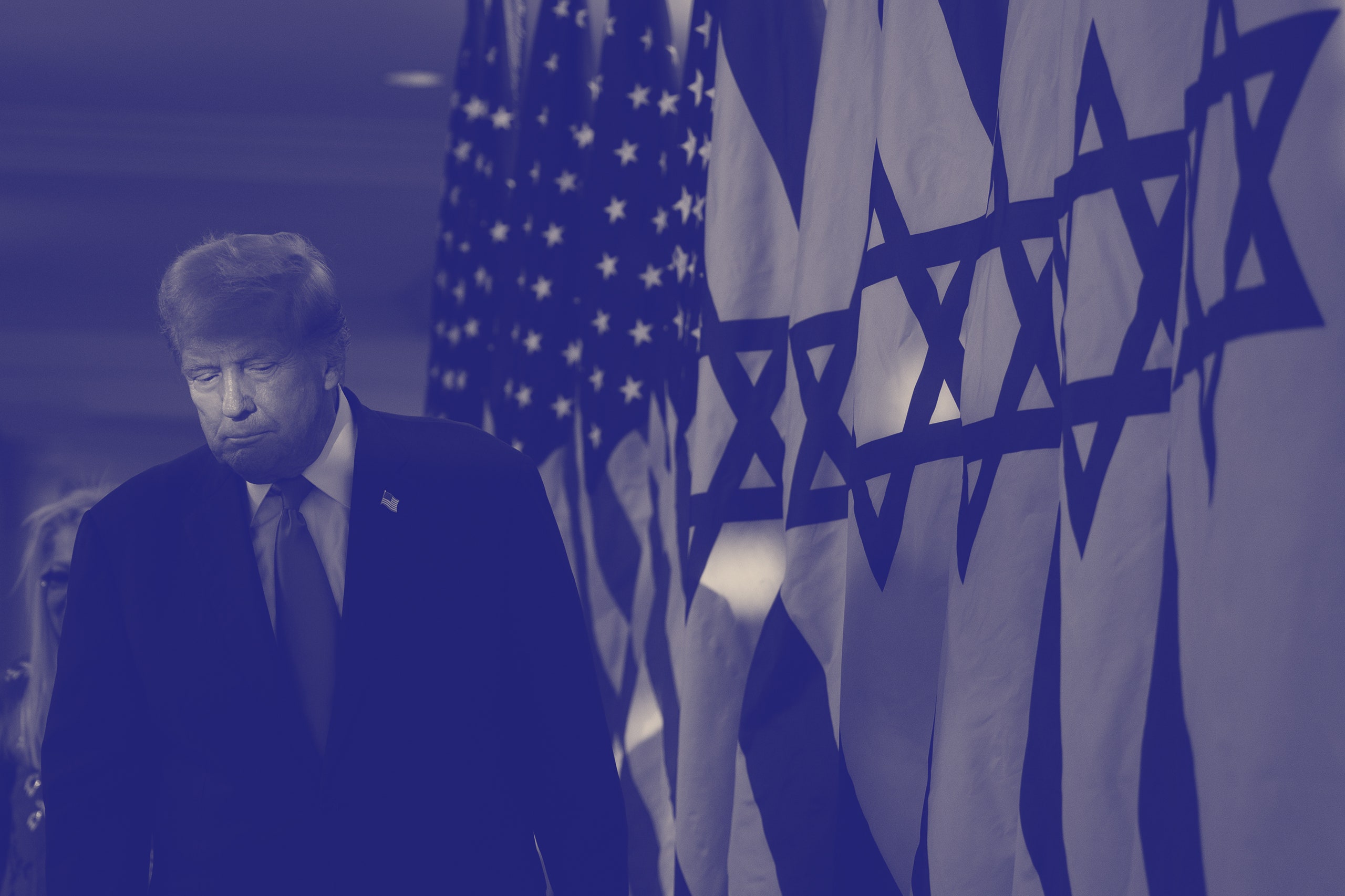Now Reading: What “America First” Could Cost Us
-
01
What “America First” Could Cost Us
What “America First” Could Cost Us

In late February, the Office of Management and Budget directed all federal agencies to adhere to the “America First” foreign policy of the President. They mandated that agencies and organizations receiving government grants conduct a self-assessment to eliminate foreign programs that do not support American prosperity through capitalism, favoring American markets, promoting American partnerships, and encouraging economic self-reliance. The focus was on ensuring benefits for U.S. domestic industries, the workforce, and economic sectors in projects receiving foreign assistance grants.
The U.S. Agency for International Development (USAID), responsible for overseas development and disaster aid, was already being phased out. The U.S. had exited the World Health Organization and the U.N. Human Rights Council, with the State Department showing more interest in deportations than diplomacy. However, some international efforts were still ongoing within agencies primarily focused on domestic matters. For example, the Department of Labor was supporting nonprofits educating migrant farmworkers on fair recruitment rights and combatting human trafficking in countries exporting goods to the U.S.
The newly appointed Labor Secretary, Lori Chavez-DeRemer, swiftly acted on the OMB directive to shrink the federal government. She canceled several grants, claiming savings and shifting funds to benefit the American workforce. This move impacted programs combating exploitative child labor and worker rights violations internationally. The changes led to layoffs at organizations like the International Labour Organization and the American Institutes for Research.
As the D.O.L. faced restructuring, employees expressed concerns about the impact on global initiatives aimed at improving labor conditions. The administration’s focus on inward policies was critiqued for potentially undermining international labor rights and fair competition. The actions taken by the government raised questions about the future of U.S. engagement in global labor issues and the effectiveness of trade agreements in promoting ethical practices.
The changes implemented by the administration were met with criticism and legal challenges from affected parties, including calls to uphold Congress-appropriated funds for international programs. The move towards isolationism and reducing international engagement was seen as shortsighted by some, citing the interconnected nature of global issues and the importance of advocating for fair labor practices worldwide. The breakdown of bipartisan support for fundamental issues like opposition to child labor highlighted a shift in priorities within the government.






